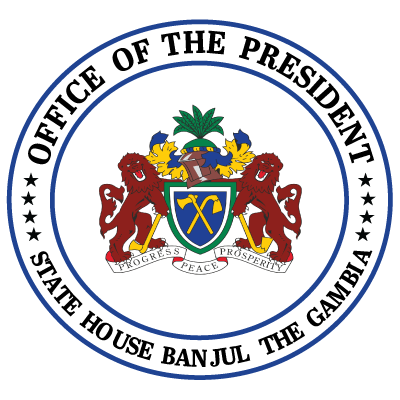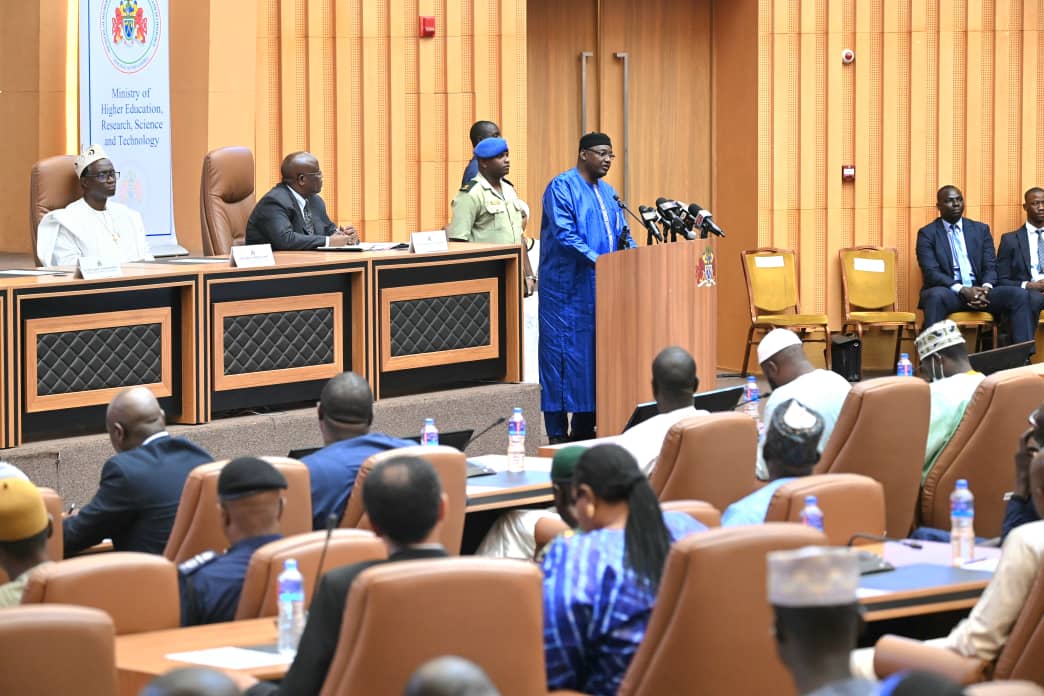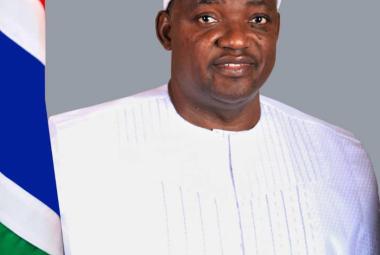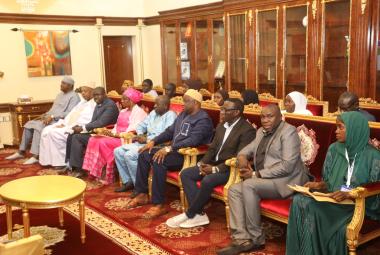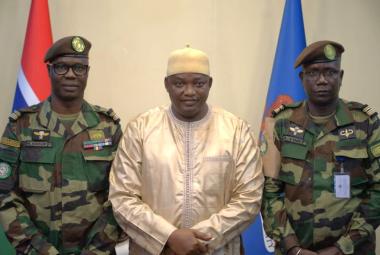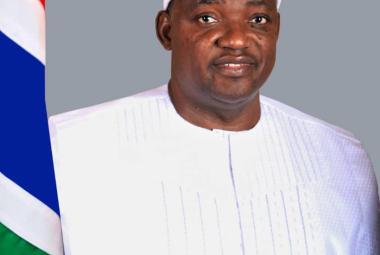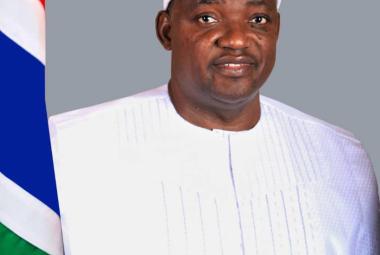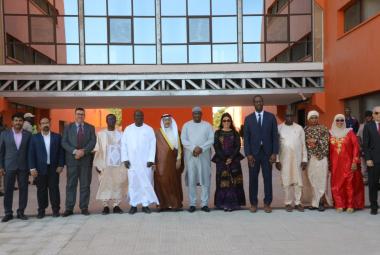State House, Banjul, 10th June 2025: The Barrow administration has on Tuesday launched the groundbreaking Gambia Madrassah Integration Strategy (GMIS), a national initiative to mainstream Madrassah education into the country’s development agenda. This strategy ensures that Madrassah graduates gain equal access to tertiary education and are equipped with the skills, qualifications, and opportunities needed to thrive in diverse professional fields.
This milestone reflects the government’s commitment to inclusive and equitable education, empowering every Gambian to contribute meaningfully to the nation’s socio-economic growth.
Delivering his statement at the launch, President Adama Barrow expressed serious concerns regarding the challenges Madrassah students face, particularly in transitioning to post-secondary education. He underscored the necessity for increased efforts to address these inequalities. Additionally, he urged for more action to realise investment opportunities, ranging from supporting infrastructure development and teacher training to providing scholarships and technical assistance, to bring this vision to life.
The Gambia Madrassah Integration Strategy is in line with both national and international frameworks, such as the National Development Plan (NDP 2023-2027), the Sustainable Development Goal on inclusive and equitable quality education, the African Union 2063 Agenda, and UNESCO’s Global Education Strategy.
The strategy is designed to connect language and STEM literacy programs, offer technical and vocational education and training (TVET) along with apprenticeship opportunities for Madrassah graduates, reform the curriculum and teaching methods, strengthen institutional partnerships, and empower Madrassah students to make meaningful contributions. Ultimately, it ensures that every child in The Gambia has the opportunity to succeed.
The President commended the Ministry of Higher Education, Research, Science and Technology, the World Bank, and religious and community leaders for their roles in the integration efforts.
